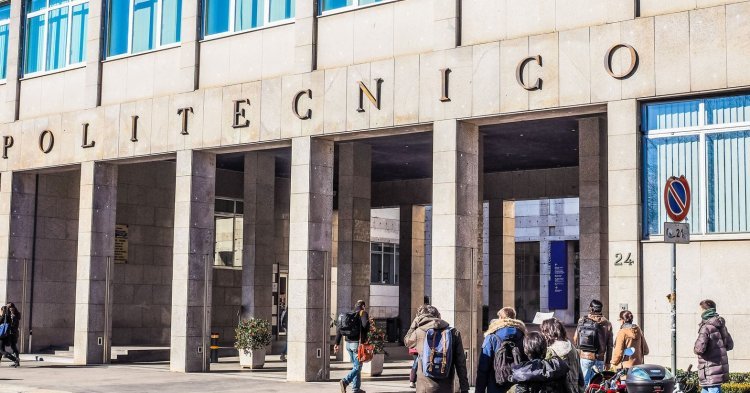Lack of opportunities
I’m 28, I left Italy when I was 22 first by an Erasmus in France, then by an Erasmus Mundus through Brazil, France and Germany. Because of my studies, I regularly travelled to eastern Europe. In between, I gained some experience as an editor on Italian television. Now I write a PhD in philosophy in Paris. There are so many Italians spread around the world in my same condition. There are almost 5 million Italian people regularly registered in foreign civil registries and 60 million actually living in Italy.
During my travels, I met a lot of young Italians trying to find a chance of working or studying abroad. We shared the same TV shows, the same political period, the same difficulties, the same fashions and musical preferences. Most of the time we discussed what we had left in Italy; we all agree about one thing: Italy is too corrupt to live, a country which lives a continued state of economic and social stagnation; a place in which you find yourself living in a Neverland where politicians resemble TV dolls. Above all, a country that doesn’t offer enough chances to its young to develop their own talents, to provide stimulating work experiences, to have a chance of having a job corresponding to what they studied. Italy leaves her youth frustrated and discouraged. The country is technologically underdeveloped and the public services gradually losing their once renowned quality.
Matteo Renzi was the hope for a new beginning after Berlusconi’s era. We guessed the young Renzi was brilliant, that he could act as the representative of a new vivacious European generation, not concerned by the old political class corruption and rightly anxious about the growing numbers of girls and boys staying at home watching TV in a state of hopeless apathy.
Renzi: an abuse of trust of Italy’s youth
Renzi revealed himself to be distracted from the needs of young Italian people and from the possibility to think of a long-term project to give them chances, concrete chances to build their personality as responsible citizens and actors of the Italian economic and cultural renaissance. “Future” became an abused word: bandied about by the President in his speeches, leading young people to lose the excitement of the beginning. Young people didn’t tolerate the lack of concrete actions to improve their miserable situation and the way Renzi pushed away his predecessor, Enrico Letta in a very tricky and aggressive way (by the popular formula “stai sereno”, “keep calm”!).
In August 2016, the unemployment of 15-24 year olds was at 39%. Almost one in two youths in Italy are now unemployed. The problem of youth unemployment has not been thought through with a long-term plan that could have changed many young lives.
Meanwhile, young italians are more connected than every to what is happening abroad; they can easily search for new opportunities on the internet, use social networks; they can travel the world when they can afford it, and in doing so, a vivid contrast emerges between the atmosphere in neighbouring countries and that which can be found at home.
If we go to Norway or to the UK, our peers have different faces, different expressions, different attitudes, they’re more self-confident, much more independent. They seem more adult than us, they speak about environmental problems, the way to launch new enterprises. How cool to have that freedom, to found a new start-up, to be the manager of an enterprise sector, to be responsible of the development of a cultural institute.
The vote at the referendum is not just a vote on the changes of the Constitution. It’s the vote of young Italians who said no to the people who left them alone dealing with the obstacles and the difficulties of the crisis and the developments of the liberal market.

Follow the comments: |
|
